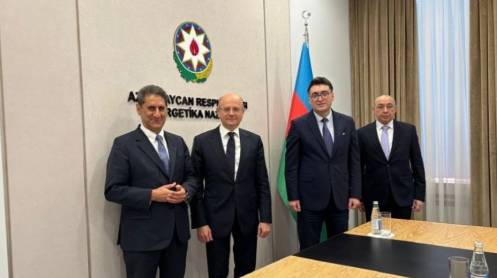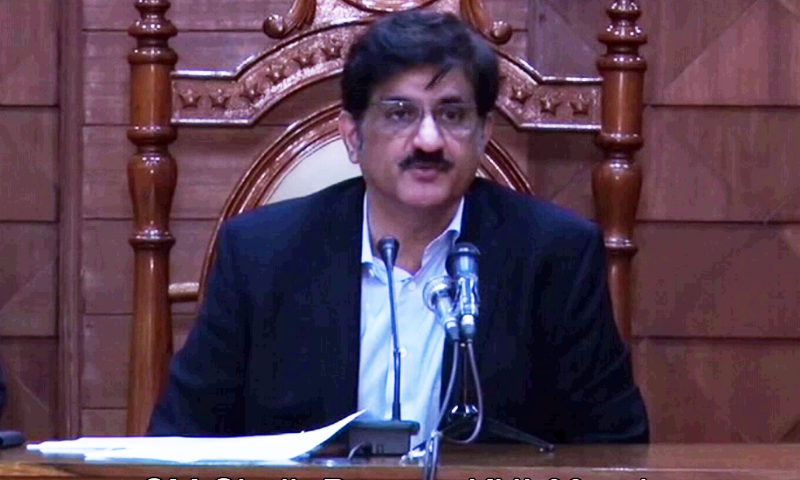Azerbaijan and IRENA Partner to Track Progress Towards Renewable Energy and Efficiency Targets by 2030
Abu Dhabi, United Arab Emirates / Baku, Azerbaijan, 5 June 2024 – The incoming COP29 Presidency, represented by Azerbaijan, has announced a strategic partnership with the International Renewable Energy Agency (IRENA) to monitor the progress towards tripling renewable energy capacity and doubling energy efficiency by 2030. These ambitious goals were established in the ‘UAE Consensus’ during COP28.
This collaboration was formalized by Azerbaijan’s Minister for Energy, Parviz Shahbazov, and IRENA’s Director-General, Francesco La Camera, during Baku Energy Week. A joint launch event is planned for the Pre-COP in Baku ahead of COP29.
In May, COP28 President Dr. Sultan Al Jaber tasked IRENA with creating an annual report series dedicated to monitoring and recommending strategies to achieve the key energy goals set at COP28.
Minister Parviz Shahbazov stated, “Our cooperation with IRENA will monitor the energy results of the COP28 consensus and promote actions on renewable energy and energy efficiency by 2030. We are pleased to support this process within COP29 and coordinate efforts to achieve global energy and climate goals.”
Director-General Francesco La Camera added, “With IRENA’s World Energy Transitions Outlook central to the tripling of renewables and doubling of energy efficiency goals, our agency and its 169-strong global membership are best placed to track progress. This cooperation ensures continuity from Dubai to Baku and beyond, towards achieving these historic energy outcomes.”
The annual tracking report, led by IRENA as the official Custodian Agency, will be published yearly from 2024 to 2030. It will provide data and projections on the progress towards the renewable energy and efficiency targets, serving as a critical resource for future COP engagements. The 2024 edition will be a collaborative effort between IRENA, COP28, COP29, and the Global Renewables Alliance (GRA).
The call to triple renewable power capacity and double energy efficiency by 2030 is a critical part of the global strategy to combat climate change and maintain the goal of limiting warming to 1.5°C. The UAE Consensus advocates for a transition away from fossil fuels in a just, orderly, and equitable manner, aiming to achieve net zero by 2050.





